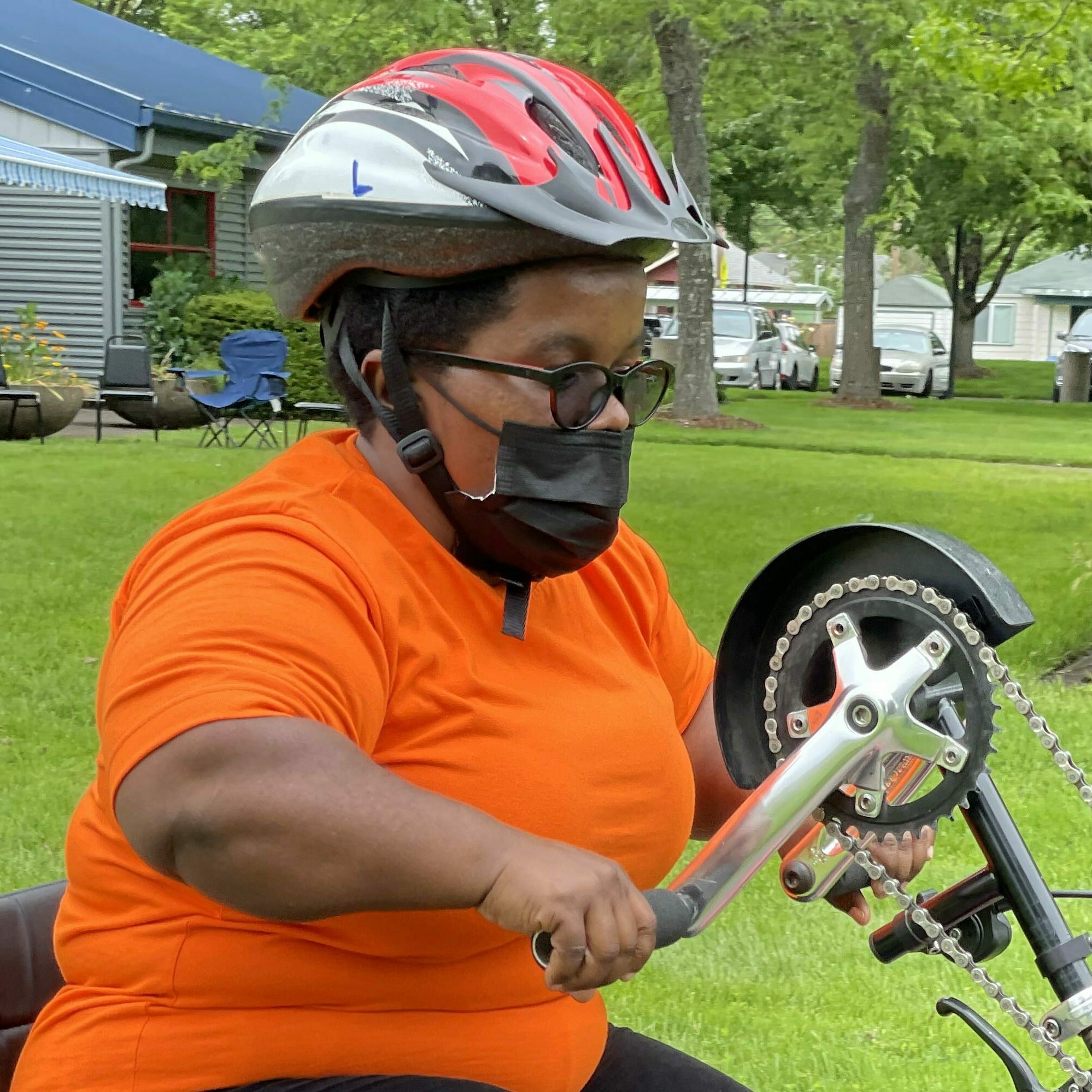
News
Creating an Inclusive World
Play audio version
Inspired by the UNCRPD, DJP Fellow Esther Mukampogazi Has Been an Advocate for Accessibility and Inclusion Since Her Early Days in College
October 3, 2022
KIGALI, Rwanda – Disability Rights Project Fellow Esther Mukampogazi was born on New Year’s Day 1987 in the Ruhango District in the Southern Province of Rwanda.
Growing up in Rwanda as a person with dwarfism, she encountered rejection, both from her family and at school. Her siblings wouldn’t acknowledge her, and the bullying at school was so intense that she dropped out of primary school. Fortunately, her mother was a strong force who made sure that Mukampogazi received an education. She gave Mukampogazi an ultimatum: If you want to be part of this family, you must go to school. Mukampogazi re-entered school with a determination to prove she was capable, meeting challenges and pushing boundaries to achieve her goal. She is the only one among her six siblings to obtain a college degree, which led them to have a newfound admiration for her.
College was pivotal for Mukampogazi. There she learned about the United Nations Convention on the Rights of Persons with Disabilities (UNCRPD). Adopted in 2006, the UNCRPD is an international treaty that identifies the rights of disabled people and participating countries’ obligations to promote, protect, and ensure those rights. With this new knowledge, Mukampogazi felt empowered to advocate for a more accessible campus for herself and other students, beginning with getting the shower tap lowered so that she could shower independently.
Mukampogazi began volunteering as a lead youth disability advocate at UWEZO, a youth empowerment organization based in Rwanda. There she educated youth and families about their right to safety and how to get their needs met through self-advocacy. Mukampogazi is proud of the changes she brought about both on her campus and at other schools through UWEZO, including accessible showers, bathrooms, and ramps, and new wheelchairs for students who needed them.
Mukampogazi sought an internship while at college but found that the organizations she approached could not accommodate her need for an accessible chair and table. She was encouraged to approach organizations serving persons with disabilities and landed an internship with the Rwanda Union of Little People in 2017. After completing her internship, she was asked to stay on and then recruited by the Organization of Women with Disabilities for Health Promotion and Development in Rwanda (OWDHD).
Now a project manager at this small organization, Mukampogazi is called on to use her many skills to write proposals, implement projects, compile reports, use social media to highlight the organization’s work, and keep an eye out for other needs within OWDHD. With her degree in communications and journalism from the University of Rwanda, Mukampogazi is looking forward to improving her media skills as a DJP Fellow to promote the vision of OWDHD. That vision is focused on the health and sustainable development of women with disabilities, social inclusion, empowerment through vocational training, educational leadership, entrepreneurship, and advocacy.
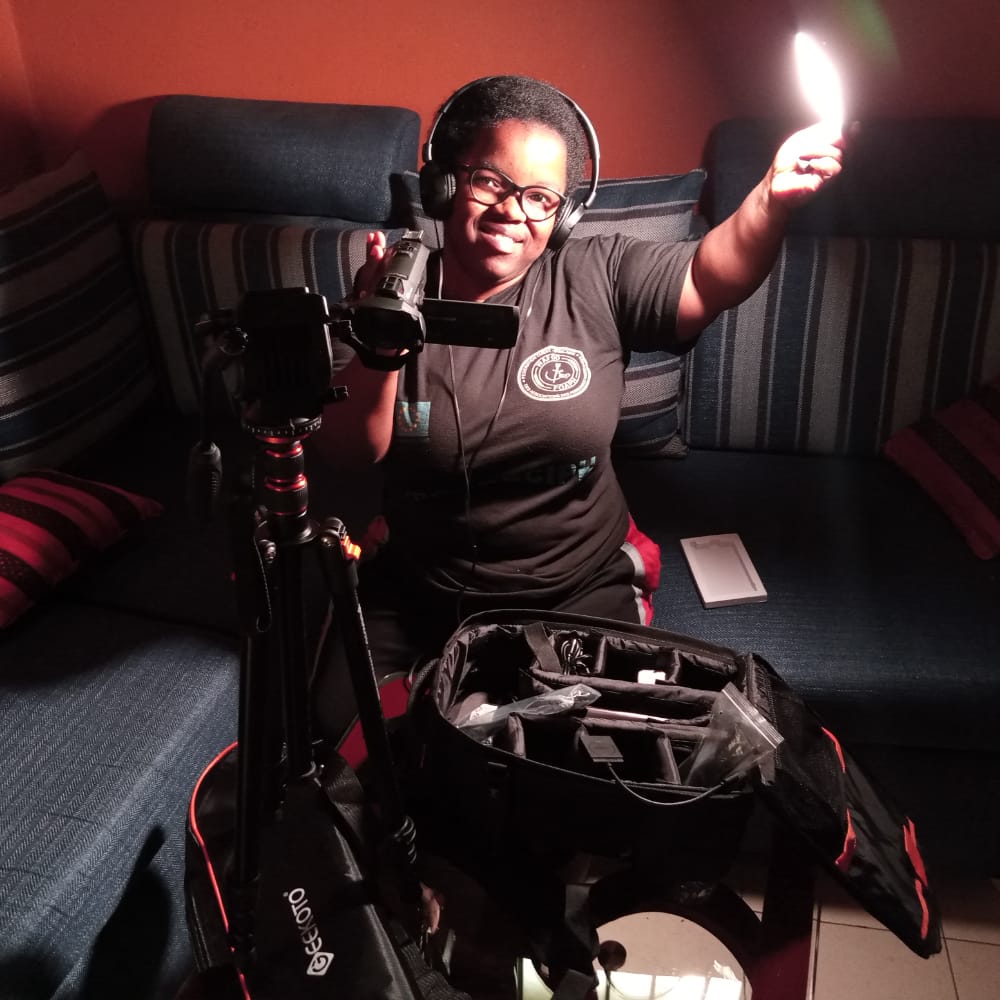
Mukampogazi was recently asked to share her experiences of being a person with a disability in Rwanda at a community meeting in the Musanze District of the Northern Province. She spoke about the need for increased disability awareness and for the safeguarding of children with disabilities. She was met with such enthusiasm that she delayed her return home by several hours. Attendees shared their concerns about the level of gender-based sexual violence in their community. Some also spoke of being abandoned by their husbands after giving birth to children with disabilities. Mukampogazi noted that people with disabilities (and their families) need an opportunity to express their feelings and receive assistance advocating for social inclusion and safety in their communities.
Experiences shared with other people with disabilities bring Mukampogazi joy. She fondly remembers attending The Women’s Institute on Leadership and Disability’s training in the United States, learning about policy, legislation, inclusive education, recreation, development, safety/self-defense, and developing relationships with partner organizations. Especially fun was participating in adaptive sports and fitness activities.
As a lifelong learner, Mukampogazi hopes to further her education in disability rights, studying for an advanced degree at a university outside of Rwanda. She hopes to one day work for an international organization advocating for the rights of persons with disabilities. Mukampogazi is a passionate disability and gender activist fighting for the rights and development of people with disabilities. As she says about herself “I am a woman who fights for change.”
Emily Acker Quintana is a regular contributor to the Disability Justice Project. She is a former associate producer with the Visionaries public television series. @2022 DJP. All rights reserved.
News From the Global Frontlines of Disability Justice
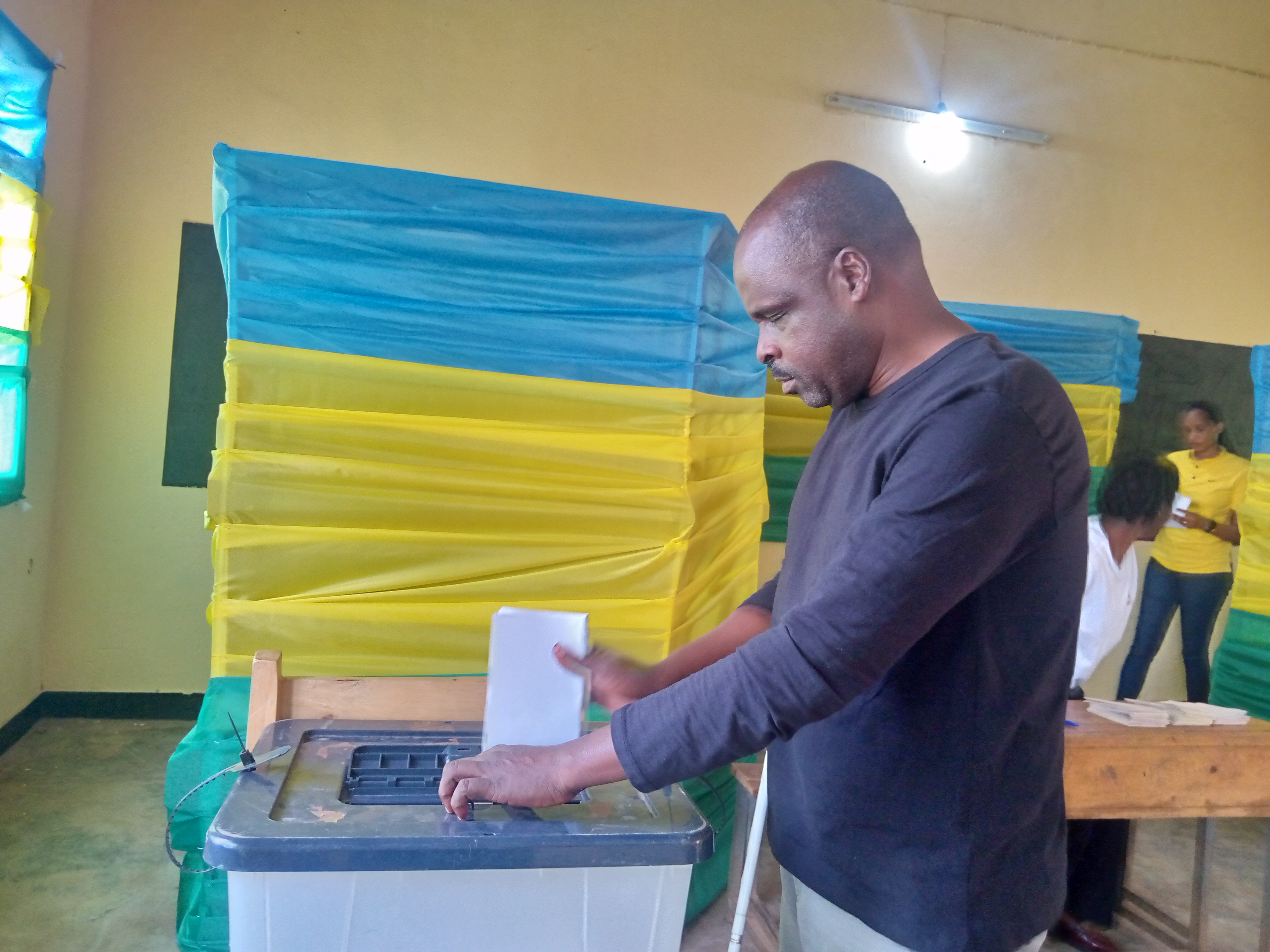
Advancing Democracy
Rwanda has made significant progress in making its elections more accessible, highlighted by the July 15 general elections where notable accommodations were provided. This was a major step forward in disabled Rwandans’ quest for equal rights and participation. “You cannot imagine how happy I am, for I have voted by myself and privately as others do accessibly,” says Jean Marie Vianney Mukeshimana, who used a Braille voting slate for the first time. “Voting is a deeply emotional and meaningful experience for a person with any disability in Rwanda, reflecting a blend of pride, empowerment, and hope.”
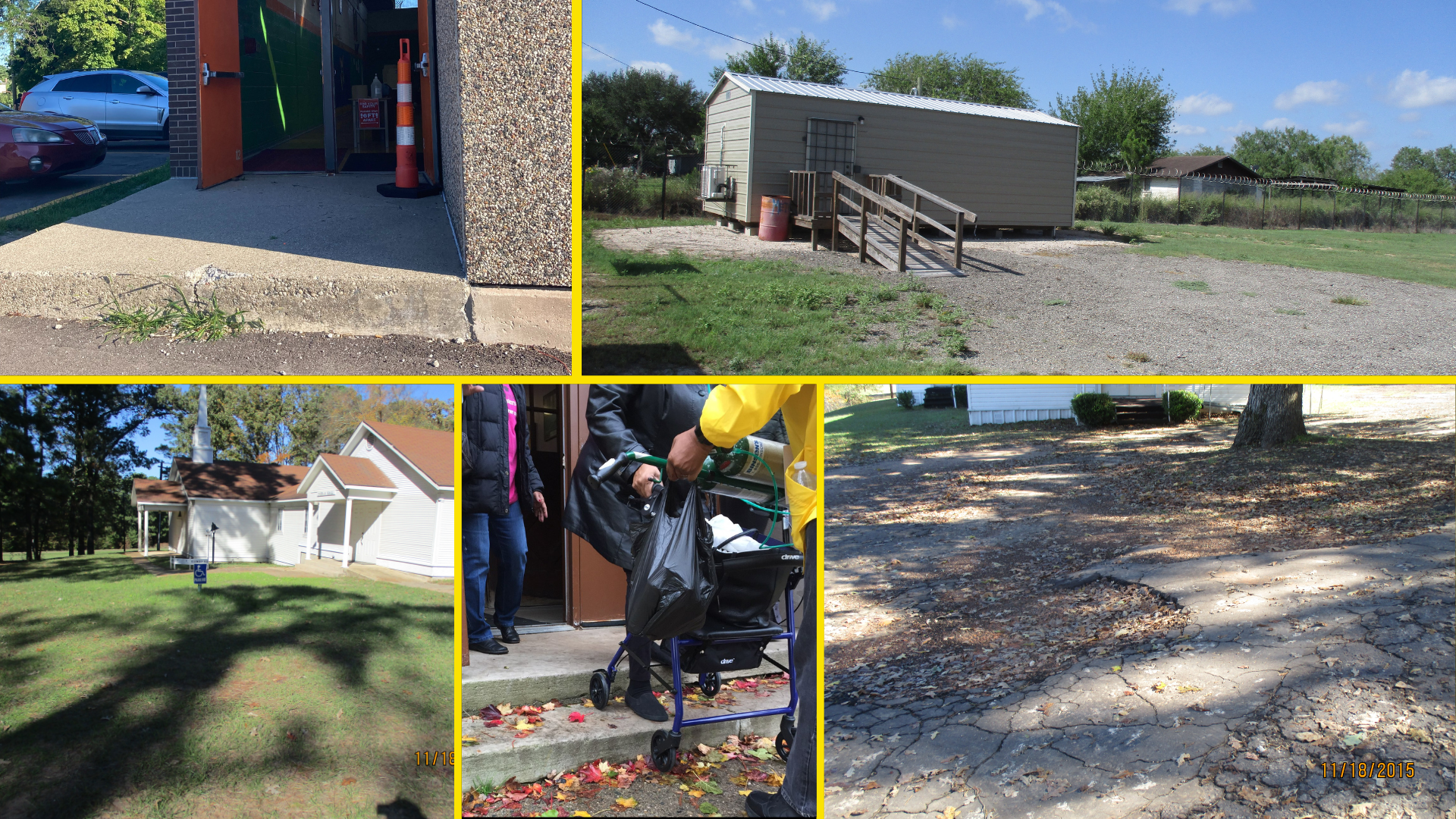
Barriers to the Ballot
Despite legislation like the Americans with Disabilities Act, barriers at the polls still hinder — and often prevent — people with disabilities from voting. New restrictive laws in some states, such as criminalizing assistance with voting, exacerbate these issues. Advocacy groups continue to fight for improved accessibility and increased voter turnout among disabled individuals, emphasizing the need for multiple voting options to accommodate diverse needs. ““Of course, we want to vote,” says Claire Stanley with the American Council of the Blind, “but if you can’t, you can’t.”
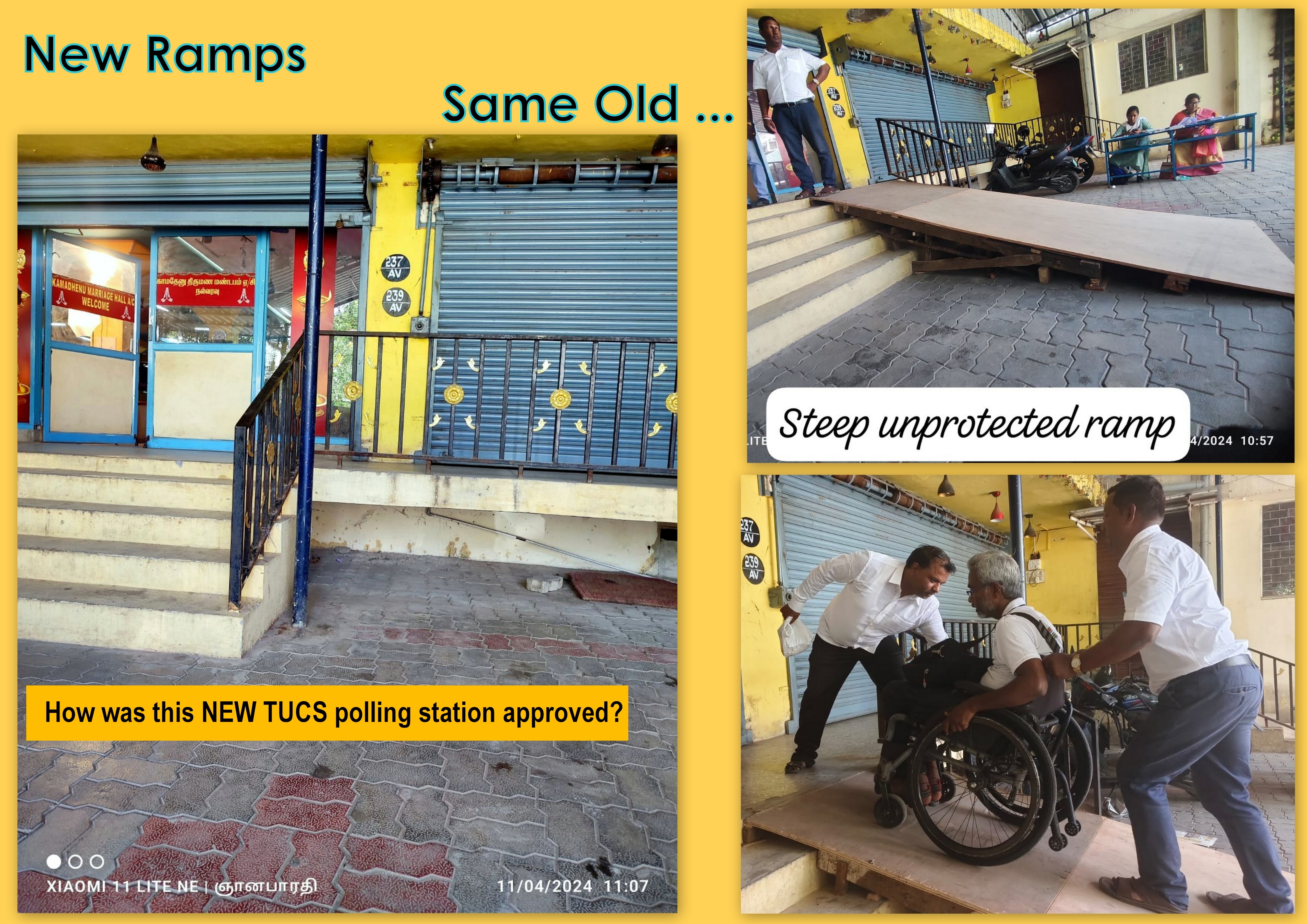
Democracy Denied
In 2024, a record number of voters worldwide will head to the polls, but many disabled individuals still face significant barriers. In India, inaccessible electronic voting machines and polling stations hinder the ability of disabled voters to cast their ballots independently. Despite legal protections and efforts to improve accessibility, systemic issues continue to prevent many from fully participating in the world’s largest democracy. “All across India, the perception of having made a place accessible,” says Vaishnavi Jayakumar of Disability Rights Alliance, “is to put a decent ramp at the entrance and some form of quasi-accessible toilet.”
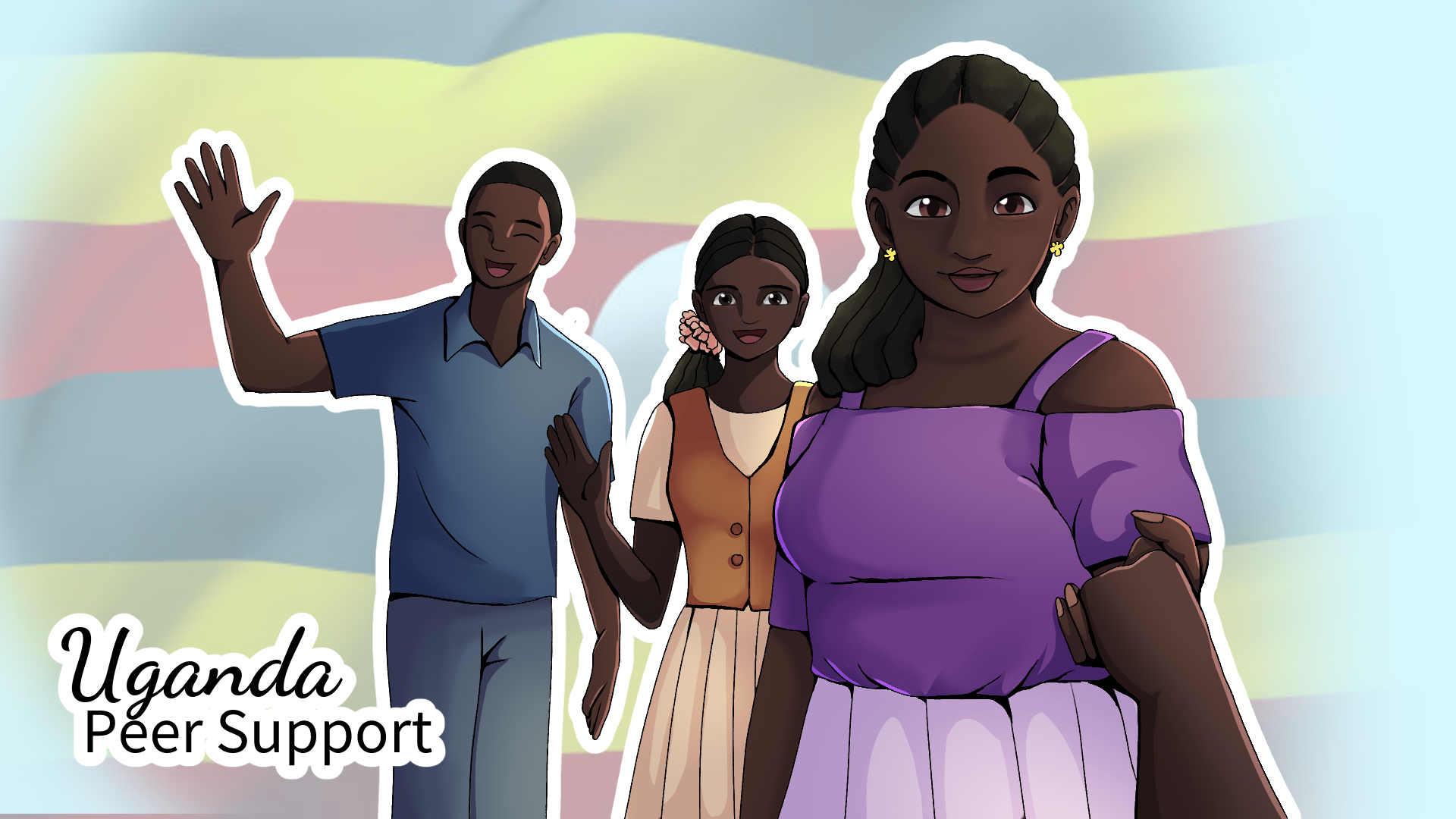
Triumph Over Despair
DJP Fellow Esther Suubi shares her journey of finding purpose in supporting others with psychosocial disabilities. She explores the transformative power of peer support and her evolution to becoming an advocate for mental health. “Whenever I see people back on their feet and thriving, they encourage me to continue supporting others so that I don’t leave anyone behind,” she says. “It is a process that is sometimes challenging, but it also helps me to learn, unlearn, and relearn new ways that I can support someone – and myself.”
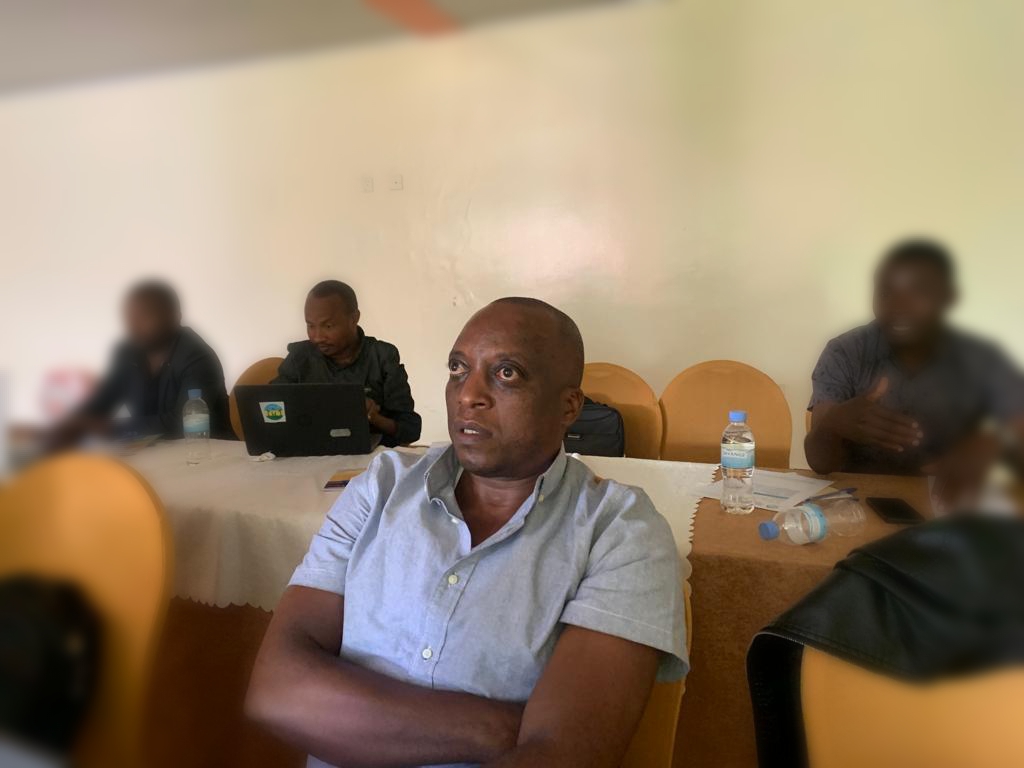
‘Our Vote Matters’
As Rwanda prepares for its presidential elections, voices like Daniel Mushimiyimana’s have a powerful message: every vote counts, including those of citizens with disabilities. Despite legal frameworks like the UN Convention on the Rights of Persons with Disabilities, challenges persist in translating these into practical, accessible voting experiences for over 446,453 Rwandans with disabilities. To cast a vote, blind people need to take a sighted relative to read the ballot. An electoral committee member must be present, violating the blind person’s voting privacy. “We want that to change in these coming elections,” says Mushimiyimana.
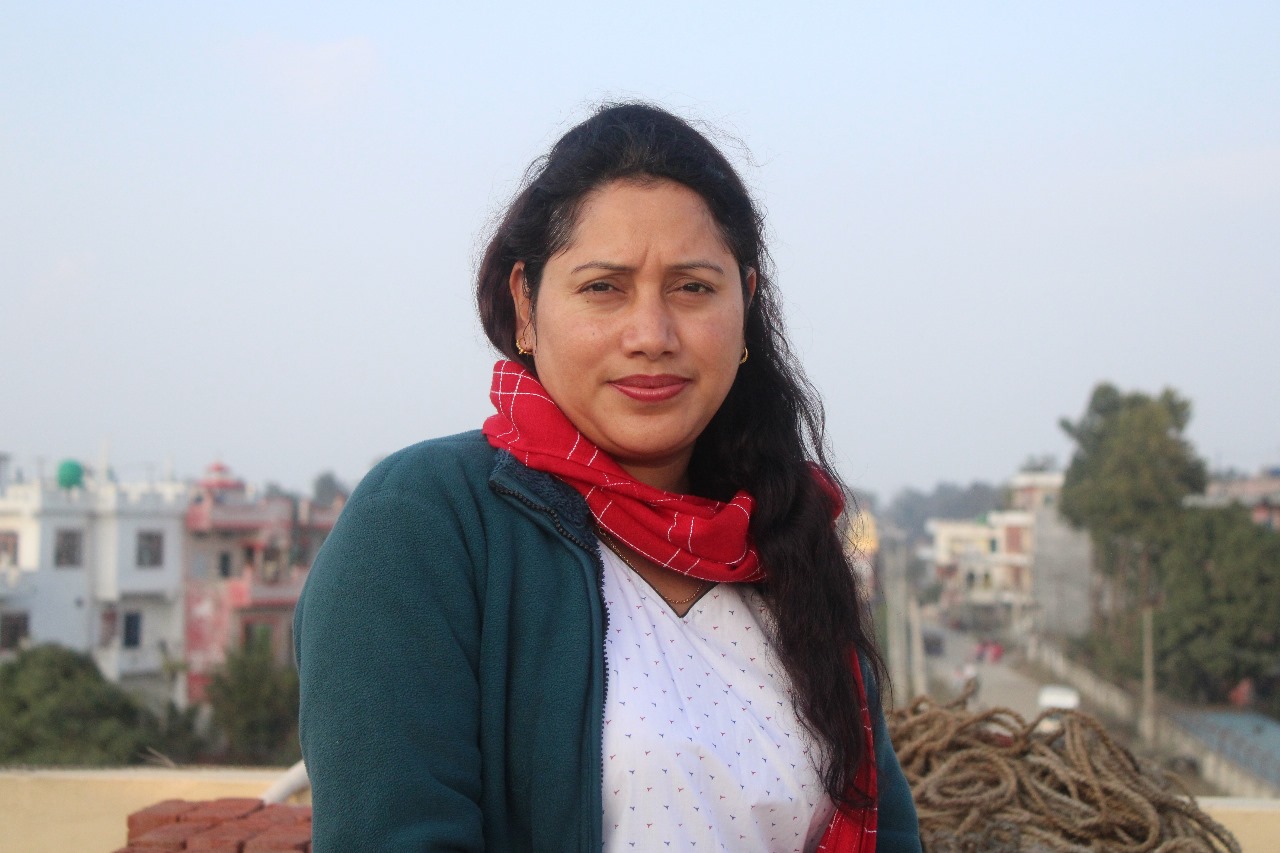
Voices Unsilenced
Often dismissed as a personal concern, mental health is a societal issue, according to Srijana KC, who works as a psychosocial counselor for the Nepali organization KOSHISH. KC’s own history includes a seizure disorder, which resulted in mental health challenges. She faced prejudice in both educational settings and the workplace, which pushed her towards becoming a street vendor to afford her medications. Now with KOSHISH, she coordinates peer support gatherings in different parts of Nepal. “It is crucial to instill hope in society, recognizing that individuals with psychosocial disabilities can significantly contribute,” she says.